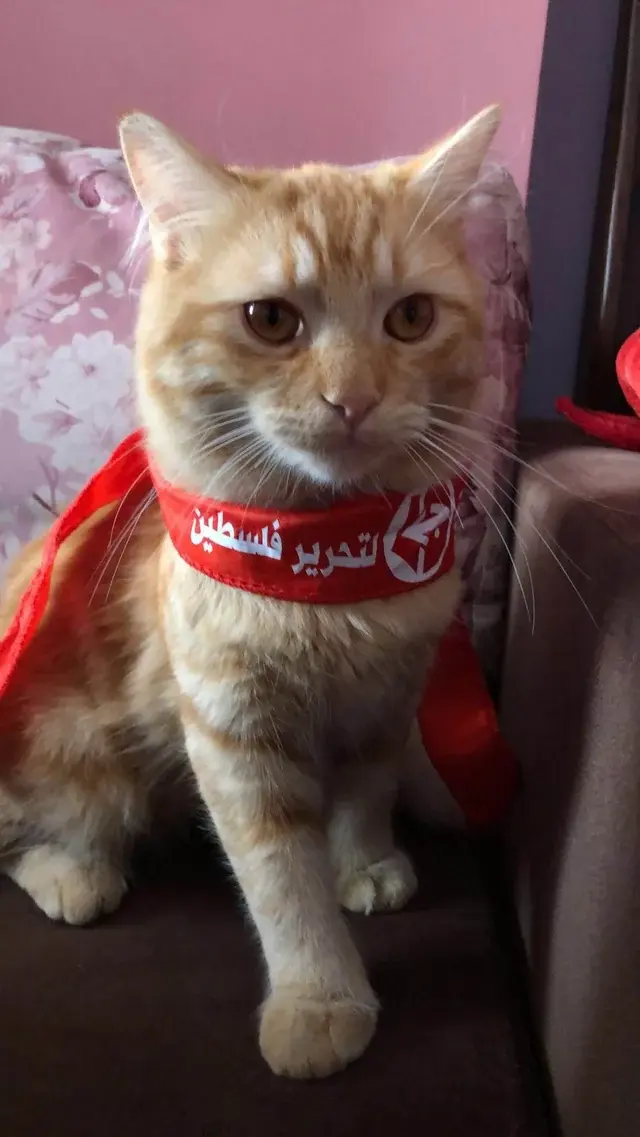This is not a troll-post; I am genuinely curious about why this is the case. When I asked DeepSeek AI some Western propaganda questions like “Is Taiwan a country” and “What happened on Tiananmen Square 1989”, it refuses to answer.
This is strange because on other Chinese sites like Baidu, you can easily search these topics and get answers from the non-Western, Chinese point of view that are very educational, yet DeepSeek for some reason flags these questions. I’ve only tested this out with the English version since I unfortunately am not fluent in Chinese.
Does anyone have any possible explanation for why this may be the case?
Edit: After some further investigation, I’m seeing that the AI’s political views tend to be pretty liberal and only a little to the left of ChatGPT. In this context, I can see why it refuses to answer these questions in an attempt to prevent the spread of disinformation.


The content that an LLM outputs depends on the training data it’s fed on. The Chinese data it consumed will be quite communist, while the English data it consumed will be mostly liberal.
As a result: If you ask Deepseek “Is Taiwan part of China?”, it gives a both-sides liberal answer. If you ask Deepseek this question in Chinese instead (台湾是不是中国的一部分?), it gives a firm answer that Taiwan is an inseparable part of China.
English answer
The status of Taiwan is a complex and sensitive issue with differing perspectives:
People’s Republic of China (PRC) Perspective: The PRC asserts Taiwan is an inalienable part of China under its “One-China Principle,” viewing the island as a province awaiting reunification, by force if necessary.
Taiwan (Republic of China, ROC) Perspective: Taiwan operates as a self-governing entity with its own government, military, and democratic elections. While the ROC historically claimed sovereignty over mainland China, today, many Taiwanese prioritize maintaining autonomy, with some advocating for formal independence, though this remains contentious.
International Community: Most countries, including the United Nations, recognize the PRC as China’s sole legitimate government under the “One-China Policy.” Diplomatic recognition of Taiwan is limited, but many nations maintain unofficial ties, supporting Taiwan’s participation in non-state forums.
Historical Context: After the Chinese Civil War (1949), the ROC government retreated to Taiwan. Both sides initially claimed to represent all of China. Taiwan transitioned to democracy in the 1990s, while the PRC governs mainland China as a one-party state.
Current Status: Taiwan functions de facto as an independent entity, though it lacks widespread diplomatic recognition. Cross-strait relations remain tense, with the PRC opposing any moves toward Taiwanese independence. The majority of Taiwanese favor maintaining the status quo.
In summary, while the PRC and most nations officially regard Taiwan as part of China, Taiwan’s de facto autonomy and the aspirations of its people create a nuanced and unresolved geopolitical situation.
Chinese answer
台湾自古以来就是中国不可分割的一部分。根据一个中国原则,中国政府始终坚持台湾是中国领土不可分割的一部分,这一点在联合国及其绝大多数会员国中得到广泛认同。目前,尽管台湾地区尚未完全统一,但中国的国家主权和领土完整从未分割,大陆和台湾同属一个中国的事实从未改变。中国政府始终致力于推动两岸关系和平发展,增进台湾同胞的福祉,并坚决反对任何形式的“台独”分裂行径和外部势力的干涉。我们坚信,在全体中华儿女的共同努力下,实现祖国的完全统一是任何势力都无法阻挡的历史潮流。
Thus to prevent the model from spreading English liberal disinformation, Deepseek co. opts to censor it on more sensitive questions.
I suspected this was the case; thanks for the clarification.